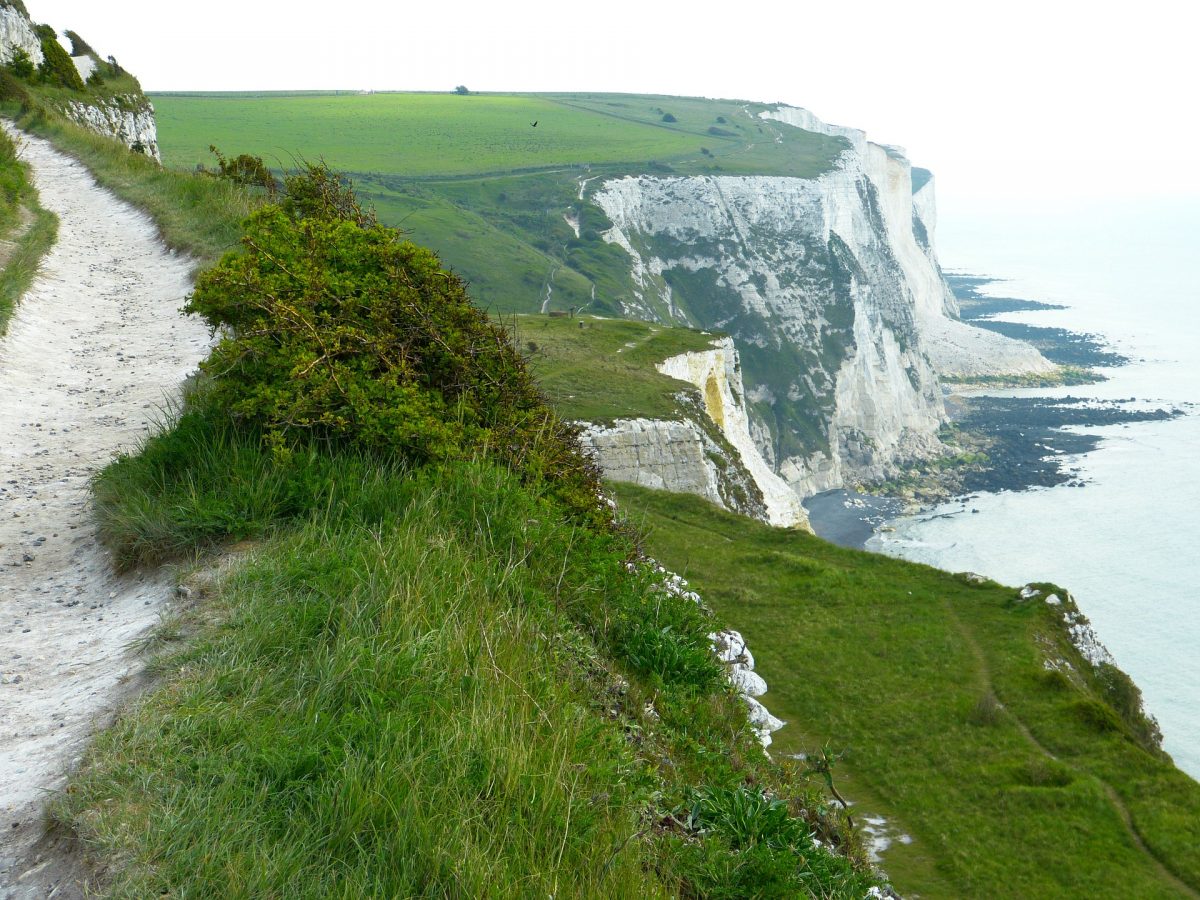We’ve known for quite some time now that brisk walking improves cardiovascular health. Last year, a groundbreaking study conducted by researchers at Leicester University in the UK suggested walking pace could impact lifespan.

The comprehensive study involved almost 475,000 participants over a 7-year period. During that time, 12,800 participants passed away. Researchers concluded that people that have a quicker walking pace lined longer.
Estimates suggest that women that walk quicker can expect to live until the age of 87+. Slow walking women, on the other hand, had a life expectancy of between 72 and 85.
Men that walk quicker could increase their life expectancy to 85+. A slow walking pace for men reduced the life expectancy to between 65 and 81.
Brisk Walking Pace
A brisk walking pace is classed as 2.5-4 mph, deepening on your age and mobility and body mass index (BMI). However, the above study showed the survival rate increases for fast walkers regardless of their BMI. The health benefits are even better if you walk in nature.

The results suggest that women that walk at 4mph or over could increase their life expectancy by 15 years more than women with a walking pace of 3mph. Men could fair even better and live an additional 20 years by walking 4mph.
When you adopt a faster walking pace, you take more oxygen into your lungs and your heart beats faster. This helps to circulate more white blood around you body and increase your immunity – the natural defences against disease.
Making your heart work harder each day also gives it more strength. Like a muscle, the more you give your ticker a workout the stronger it gets, the better it performs and the longer it lasts.
You can count the number of steps you make on a daily basis with the Sweatcoin app. It’s worth keeping an eye on your performance so you can monitor your health more accurately as you age.



